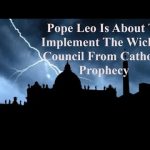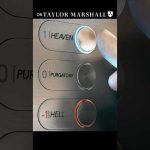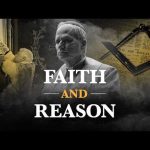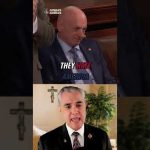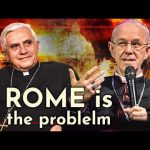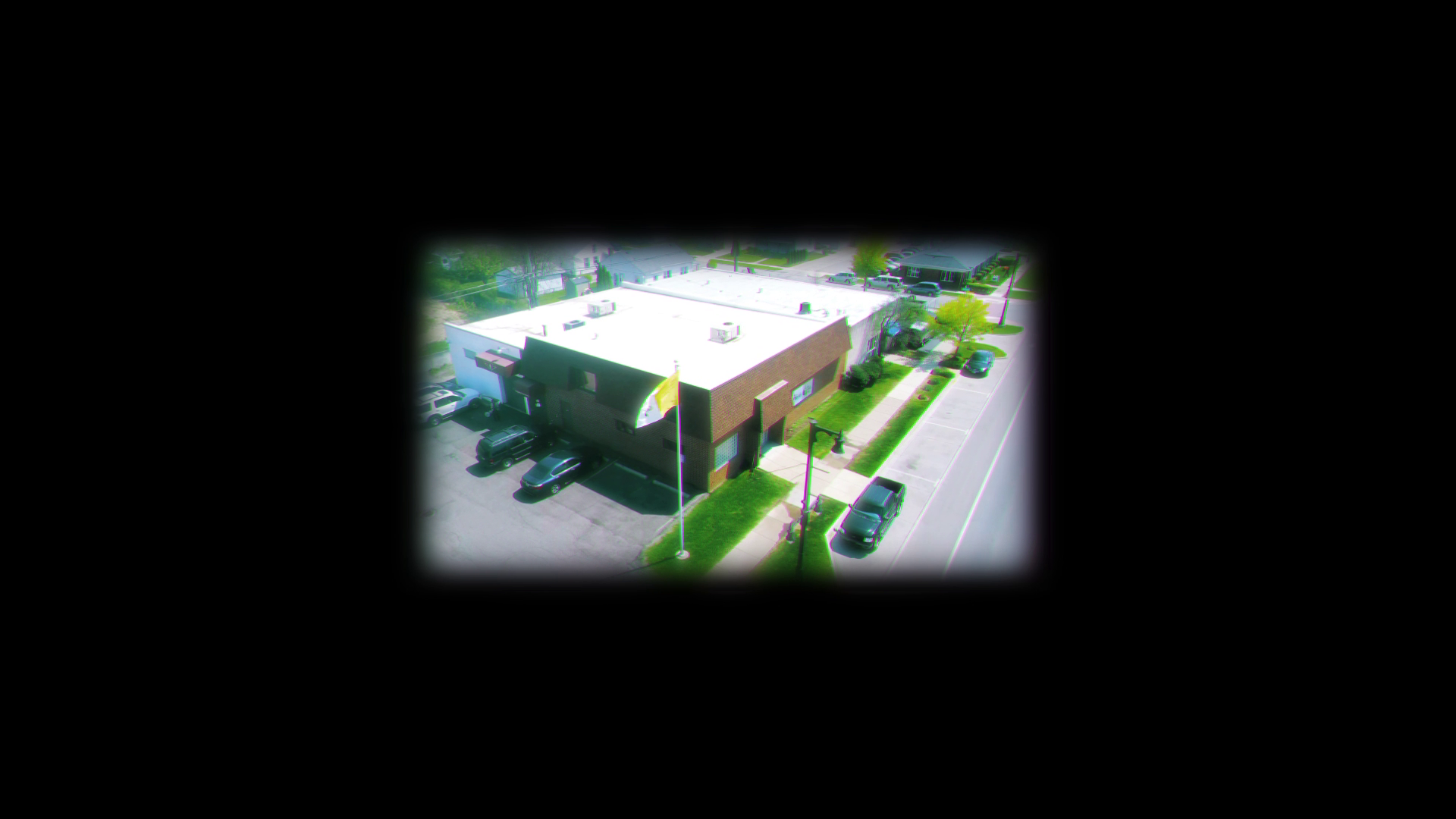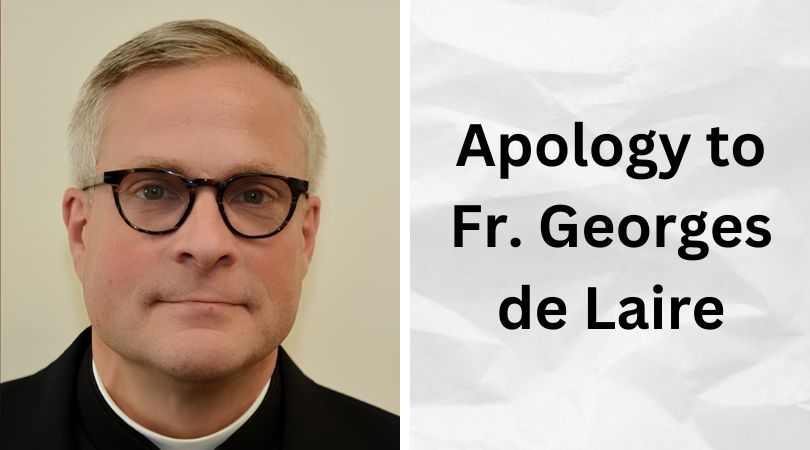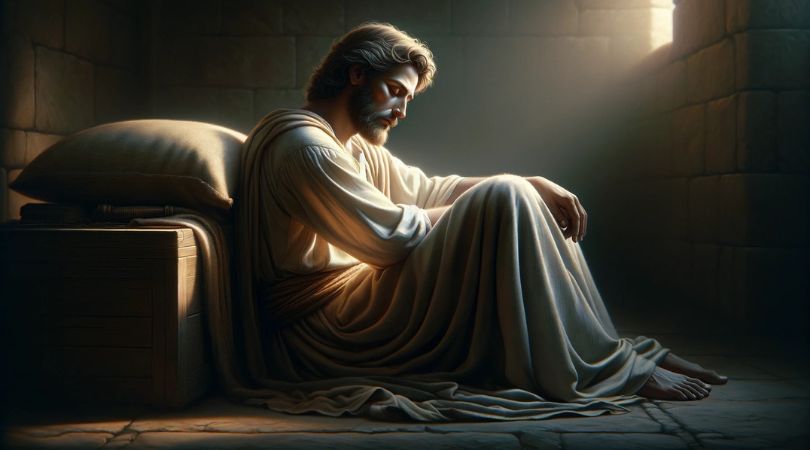He came silently, swiftly and suddenly. No one ever saw him coming. No one ever knew when he would strike. He came when people least expected him. At night, when people were drinking, partying, quarreling or making love. Or in broad daylight when people were shopping, trading or traveling. Black Bart was a thief who terrorized the Wells Fargo stagecoach line for 13 years. He ambushed and robbed 29 stagecoach crews from 1875 to 1883. He never fired a shot. His presence was enough to paralyze.
Reward poster for catching Black Bart
He reminds me of another “thief.” He, too, will come silently, swiftly and suddenly. His coming, too, will be unexpected, unsuspected and unpredicted. The early Christians were so certain that this “thief” would strike when they least expected it that they raised the level of vigilance to red alert. They lived their lives in awed anticipation of His return. They peppered their conversation and littered their literature with rumors of His return.
They even used a special word for His coming. They called it parousia in Greek, adventus in Latin. They borrowed this word from the Greeks and the Romans. In Greek and Roman literature, parousia referred to the solemn entrance of a king or emperor into a province or a city he had conquered.
The early Christians were convinced that their Savior, Who had won a decisive victory by dying on the Cross and rising from the tomb, would one day come to consummate that victory and set the world to rights once and for all. He would come as king into the world that He had conquered, and there He would establish His rule forever.
They wanted to declare to the world that God’s Messiah was the rightful Lord of the world. He was the true emperor before whom all other emperors would shake in their shoes and bow their knees in fear and wonder. Parousia was the language of royal presence.
Advent Eclipses Christmas
So vigorous was the expectation of the Second Coming that it almost completely eclipsed the story of the first coming of God’s Messiah. In the Early Church, Advent completely overshadowed Christmas. Of the 27 books in the New Testament, only two gospels record the Christmas story. Christmas was made an official feast in the Western Church calendar only in the middle of the fourth century.
In complete contrast, the earliest Christian writings, beginning with the letters of Paul, are rife with rumors of this cosmic “thief” and His return. The idea of the parousia, or Advent or Second Coming of Jesus, is stressed in every letter of St. Paul, except Galatians, Ephesians and Philemon. It was part of Paul’s gospel. Paul writes about it in Romans, 1 and 2 Corinthians, 1 and 2 Thessalonians, 1 and 2 Timothy, Titus, Philippians and Colossians. The Second Coming features in the letter to the Hebrews, in James, in the first and second letters of St. Peter, in Acts, in the Gospels of Matthew, Mark and Luke, and it looms over the entire book of Revelation.
It even predates the New Testament and makes its appearance in the Old Testament writings of Amos, Isaiah, Ezekiel, Joel, Daniel and Zephaniah, who are writing with eager expectation for what they call the “day of the Lord.” This would be the day when creation would be consummated. This would be the day when the mystery of history would finally be resolved. This would be the day when God would wipe every tear from their eyes and when pain, suffering, sorrow and death would be no more. The day of the Lord would come swiftly and suddenly — like a clap of thunder, like the blast of a trumpet.
The Second Coming so spurred on the early Christians that they stamped it on their Magna Carta of belief — the Apostles Creed and the Nicene Creed. From age to age and from east to west, Christians would regularly and repeatedly affirm that “He will come again in glory to judge the living and the dead, and His kingdom will have no end.”
The early Christians were so enthused by the Second Coming that they even had a code word for it in Aramaic. The code word was Maranatha. The Bible climaxes with this code word: “Amen. Come, Lord Jesus!” (Rev. 22:20). These are the final words of the final book of the Bible — the book of Revelation. Maranatha can mean two things: If you read the word as marana tha it means “come, our Lord!” But if you read the word as maran atha it means “Our Lord has come.” In Advent, the beginning and end times meet. We live between marana tha, our prayer for the future coming of the Lord, and maran atha, our belief that the Lord has come as God’s ultimate act in history.
Given the emphasis of the early Christians, it is not surprising that today’s Church seeks to place the same emphasis on the advent of Jesus Christ. It does this by mapping out in its liturgical calendar four Sundays of Advent. In contrast, it eclipses Christmas, assigning it one single day and one or two Sundays — within the 12 days of Christmas from the Nativity to the Epiphany.
Why does Advent hog the headlines in the life of the Church? Perhaps because Advent is unexpected. Christmas is expected. Advent is unpredictable. Christmas is predictable. At Christmas, we sing, “Joy to the world, the Lord is come.” At Advent, we sing, “Judgement to the world, the Lord is come.” At Christmas, we sing, “Peace on earth and mercy mild, God and sinners reconciled.” At Advent, we sing words from the book of Revelation: “Lo, He comes with clouds descending. Every eye shall now behold Him, robed in dreadful majesty” (Rev. 1:7).
The silent night of Christmas is comforting. Jesus comes as the babe in the manger. We know when he came. The silent night of Advent is terrifying. Jesus comes as a thief in the night. We do not know when He will come. Jesus himself does not know when He will come.
Nobody Knows
This is perhaps one of the most astonishing admissions made by Jesus in the gospel reading from Matthew 24:36–44. “Are you asking Me when I will return? I don’t know. The angels don’t know. Nobody knows. Only My Father knows.” This is the mystery of history. As Christians, there are very few things we do not know. We know most things we need to know because God has revealed them to us. We know God loves us; we know we are ransomed, healed, restored, forgiven; we know Christ has died, Christ is risen, and Christ will come again. But one thing we do not know is when Christ will come again!
“Last Judgement” by Michelangelo, Sistine Chapel
In the first nine verses of the gospel passage, there are eight references to time: day, night and hour. In the same nine verses of the gospel passage, there are five references to not knowing the time.
“Of that day and hour no one knows” (24:36), Noah’s contemporaries “did not know until the flood came and swept them away” (24:39), “watch therefore, for you do not know on what day your Lord is coming” (24:42), “if the householder had known” when the thief was coming, he would have been awake (24:43), “therefore you also must be ready; for the Son of man is coming at an hour you do not expect” (24:44). The section ends by exhorting us to “keep awake, for you do not know either the day or the hour” (25:13).
We do not know when Christ will return. He will come silently, swiftly and suddenly. He will come like the bridegroom at midnight — His coming will be unexpected, unsuspected and unpredicted.
But perhaps, paradoxically, we do know! Perhaps he will come at a time when we are carrying on as usual, having a good time, eating and drinking, marrying and giving in marriage, just as folks in the days of Noah were doing before the flood swept them away.
Did Noah Know?
Notice something strange. In Genesis, we are told that God punished Noah’s society for its gross sinfulness (Genesis 6:5). But Jesus does not fault Noah’s contemporaries for their excessive immorality. Jesus simply indicts Noah’s fellow citizens for producing and consuming, shopping and spending, eating and drinking, marrying and giving in marriage, enjoying leisure and pleasure.
The people of Noah’s day were running the rat race of life. They simply assumed that “business as usual” would continue. But Noah acted on a word from God and started building a boat. When the flood came, Noah entered the ark while they were swept away.
The days of Noah brought separation. So the day of the Lord’s final advent will bring separation. “Two men will be in the field; one is taken and one is left. Two women will be grinding at the mill; one is taken and one is left.” (24:40–41)
So, in a sense, we do know the time when Christ will return. How do we resolve the contradiction between not knowing the time and knowing the time? The Greek uses two words for time: chronos and kairos. Chronos is chronological time — you can tell the time by using your chronometer. Kairos is an opportune time, a favorable time, the occasion, the season.
We do not know the chronos, but we do know the kairos of his final advent. Noah did not know the chronos. But Noah knew the kairos and was prepared for it.
Figurine of Rip Van Winkle slumbering
“You know what time it is,” writes St. Paul in his letter to the Romans. You know the kairos, writes Paul (Rom 13:11). Let the kairos impact your chronos. Let the opportune time make a difference in how you spend your chronological time. So wake up from your sleep! “Wachet auf!” as Johann Sebastian Bach’s glorious cantata puts it.
I remember the day I fell asleep during a dull math class in school. I was eight years old. The teacher complained to my father. This is how my father punished me. He made me sit down and read through Washington Irving’s story of Rip Van Winkle. One day, a man named Rip Van Winkle set off on a journey to the Catskill Mountains. On the way, he stopped off at a local inn, located in a sleepy town on the Hudson. On the front of the inn, there was a sign bearing the picture of George III, King of England. Rip fell asleep and slept for 20 years.
When Rip woke up, everything had changed. His wife had died, his daughter had married, the sign at the front of the inn had been taken down, and another had been put in its place. This one bore the picture of another George, not George III, but George Washington, the first President of the United States of America. You see, the really significant thing about Rip Van Winkle was not that he had slept for 20 years, but that he had slept through a revolution. Advent is God’s revolution. Don’t be caught sleeping when it comes.
Advent is God blowing the whistle on an unsuspecting world. “Therefore you also must be ready, for the Son of man is coming at an hour you do not expect.” He will come silently, swiftly and suddenly. His coming will be unexpected, unsuspected and unpredicted. And He will come again to judge the living and the dead. Wake up! Wachet auf! Christ has died! Christ is risen! Christ will come again!




